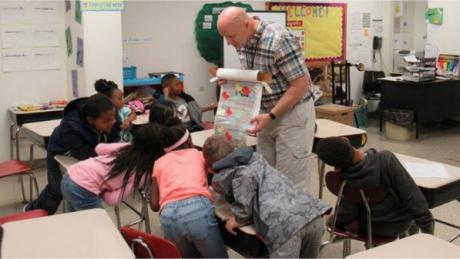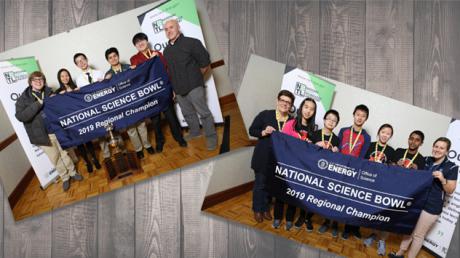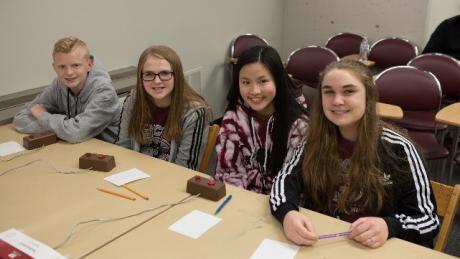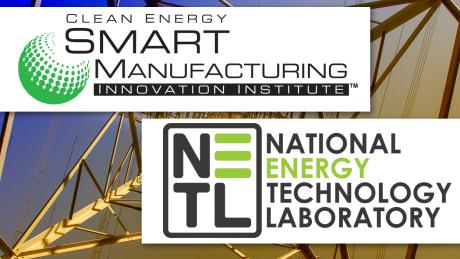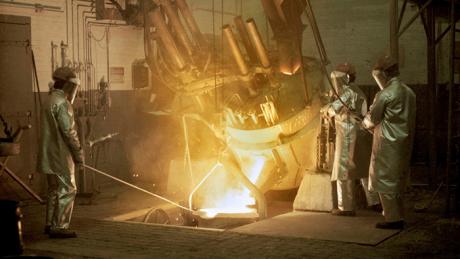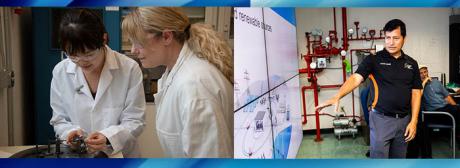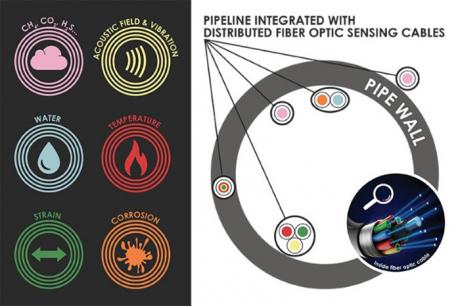The coming decades will usher great opportunities for high-paying jobs in the science, technology, engineering and math (STEM) industries, but if too few candidates enter the STEM education pipeline, those jobs could go unfilled. That is why it so important to reach out to today’s elementary and middle school students and get them excited about STEM careers. This outreach is especially relevant for underserved and underrepresented populations because the math and science proficiency of these students typically falls below the national average, making a STEM job sometimes seem out of reach.
NETL’s STEM Education Outreach Team strives to change that mindset by traveling to “at-risk” K-6 elementary and middle schools around the Lab’s Morgantown, West Virginia and Pittsburgh, Pennsylvania sites to bring stimulating “hands-on, minds-on” activities that make the students feel like they are part of the STEM conversation.
About
News and Events
Research and Programs
Carbon Management Point Source Carbon Capture Carbon Dioxide Removal Carbon Dioxide Conversion Carbon Transport & Storage Hydrogen with Carbon Management
Resource Sustainability Methane Mitigation Technologies Minerals Sustainability Natural Gas Decarbonization and Hydrogen Technologies Advanced Remediation Technologies Energy Asset Transformation
Key Lab Initiatives Advanced Alloys Signature Center (AASC) Science-based Artificial Intelligence and Machine Learning Institute (SAMI) Center for Microwave Chemistry (CMC) Center for Sustainable Fuels and Chemicals (CSFC)
Energy Technology Development Office of Energy Efficiency and Renewable Energy Battery Workforce Initiative Cybersecurity, Energy Security, and Emergency Response Office of ElectricityGrid Resilience
Business
Library
Explore our Library

Approved Categorical Exclusions Environmental Assessments Environmental Impact Statements Oil and Gas Projects Summaries NETL Fact Sheets NETL Newsletters Publication Search Energy Data Exchange (EDX) FECM External R&D Final Technical Reports Summary Information for External R&D Awards Technical Reports Series (TRS) Peer Review Reports Interagency Working Group Initial Report
- Research and Programs
- Carbon Management
- Core Competencies
- Resource Sustainability
- University Training & Research
- Key Lab Initiatives
- Energy Technology Development
- Featured Infrastructure
- Methane Emissions Reduction Program
-
- Business
- Technology Transfer
-
- Library
- Energy Analysis
-
- About
- News and Events
- Education




